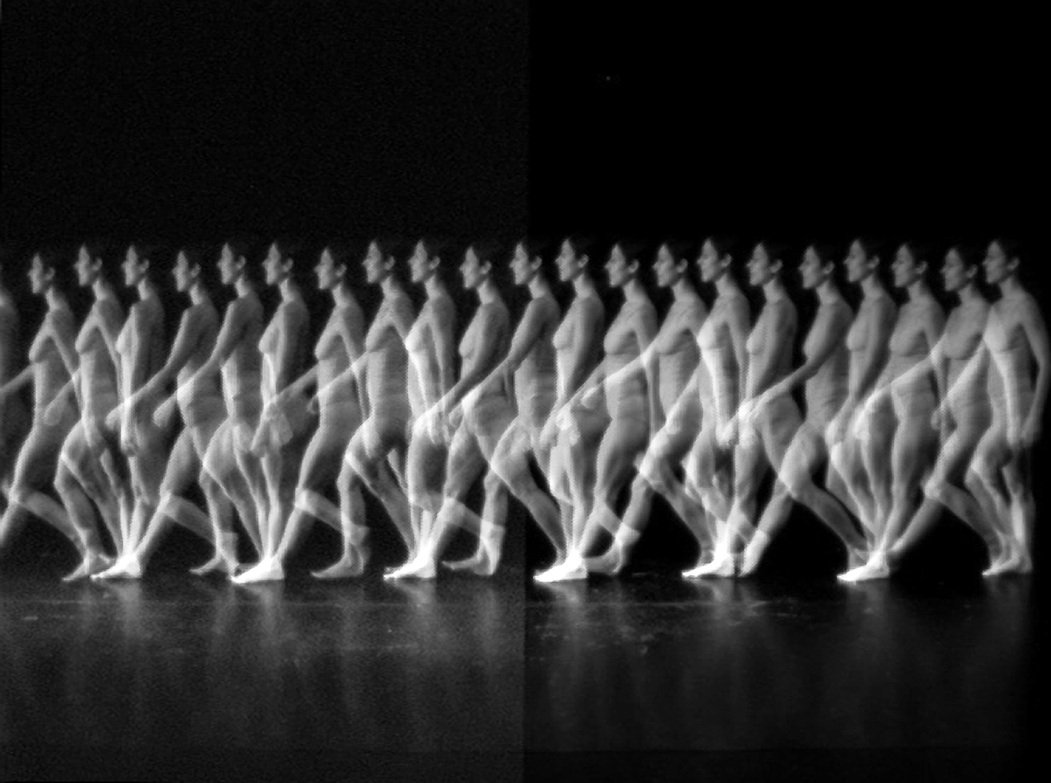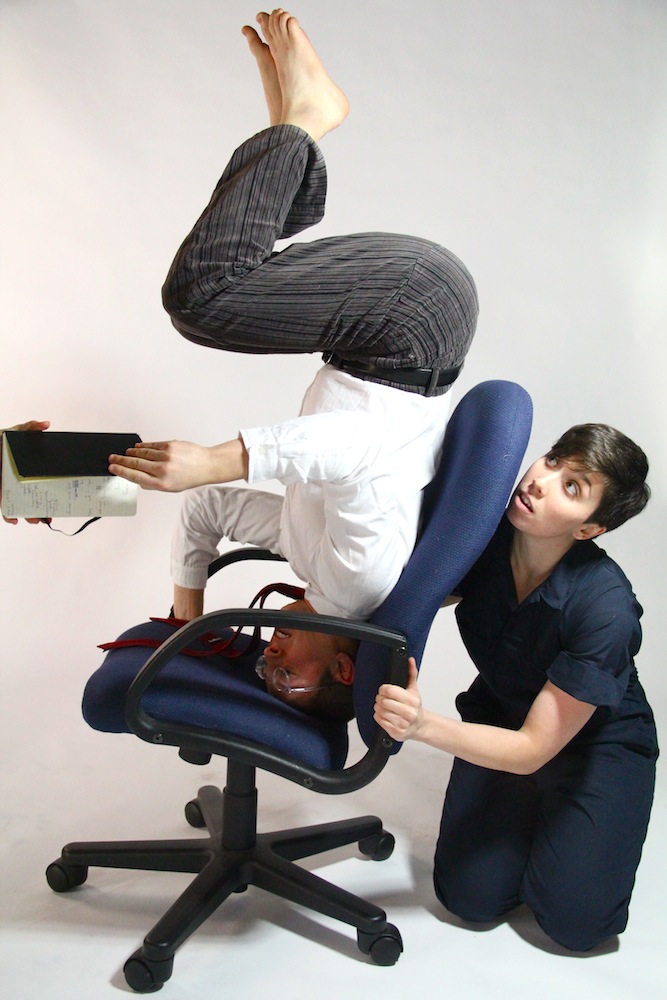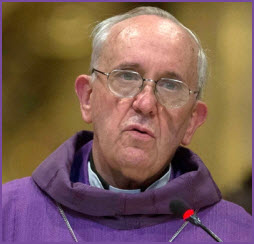The movement of our work was captured by a troupe of gifted Philadelphia dancers in a performance last May called The Jobs Project. When I first posted about it, I promised footage of the ensemble when it became available. Now it is. You can follow this link to the current RealLifePeople(in)Motion newsletter, which includes a video excerpt.
According to the program notes, the dancers’ movements were “in a conversation with” recorded comments by an assortment of local workers about what they do, and remarks from the dancers themselves about their gainful commitments beyond dance.
I was behind one of those interview voices, and can tell you this: while there’s nothing quite like sitting in a darkened theater and suddenly hearing your voice coming through the speakers, the experience jumps several levels when highly accomplished performers start responding to what you’ve just said.
At the time of my interview, I’d just written a post called I am a Work in Progress. It was on my mind that day and the gist of it was captured in one of my recorded comments during the performance. It was these words, along with those from several others, which provided the counterpoint to moves you can now get to see for yourselves.
The medium of voice, music & dance was the message–and a very powerful one at that.




